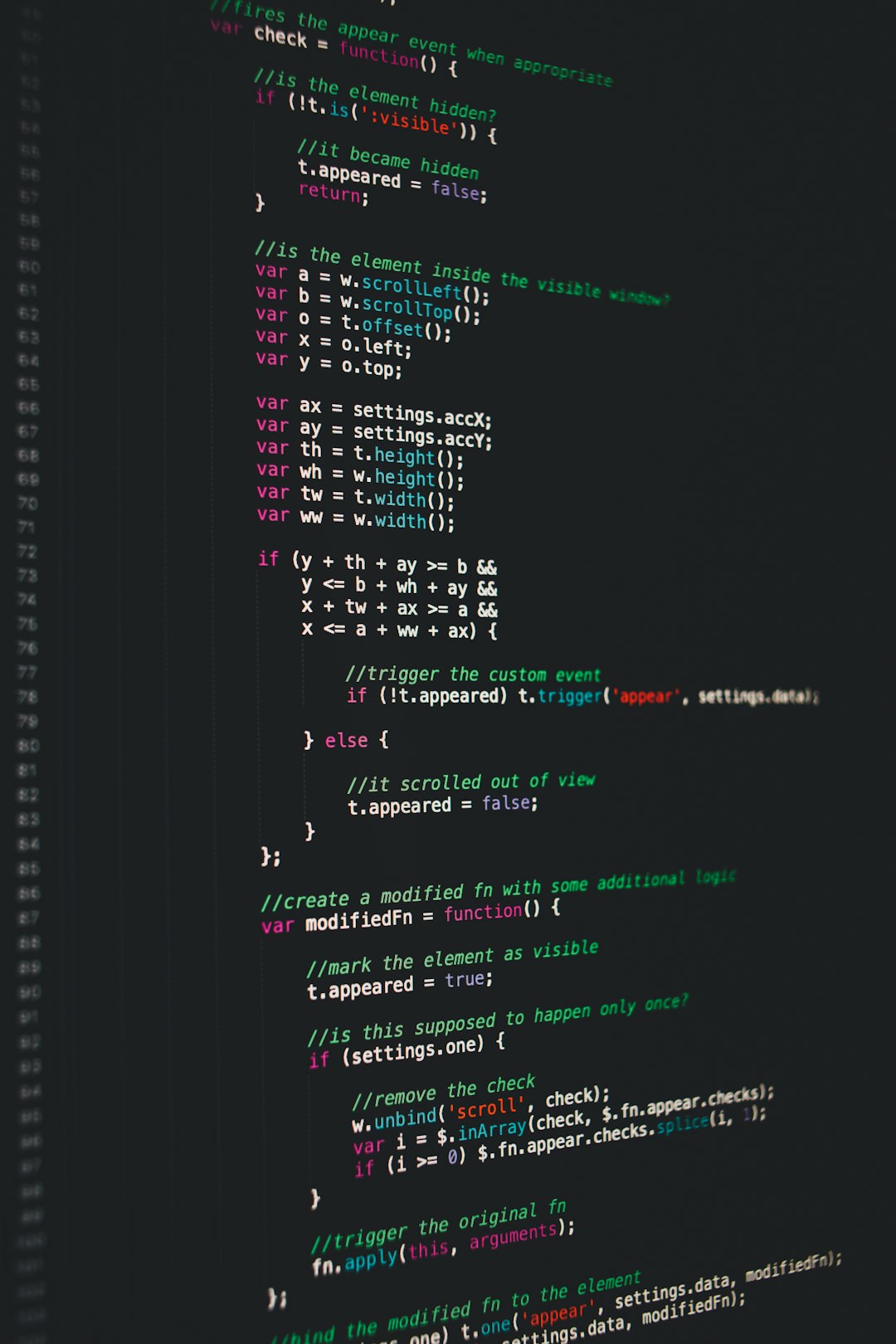Comparing characters in Java is simple, but there are some things you need to keep in mind. You might wonder: Can you use == to compare characters in Java? Let’s find out!
Understanding the == Operator
In Java, the == operator checks if two values are the same. This works great for primitive data types like int, char, and boolean. Since a character (char) in Java is a primitive type, you can use == to compare two character values.
Here’s an example:
char a = 'A';
char b = 'A';
if (a == b) {
System.out.println("They are the same!");
} else {
System.out.println("They are different!");
}
The output will be:
They are the same!
Since both a and b hold the same character, == returns true.
Comparing Characters vs. Strings
Be careful! Characters are not the same as strings in Java.
Look at this example:
char letter = 'A';
String word = "A";
if (letter == word) {
System.out.println("Match!");
}
Will this work? No! This code will not compile because 'A' is a char, while "A" is a String. Java does not allow comparing char and String using ==.

Using == with Object Wrappers
Java has wrapper classes for primitive types. The wrapper for char is Character. When you use Character objects instead of char, things get tricky.
Character x = new Character('A');
Character y = new Character('A');
if (x == y) {
System.out.println("They are the same!");
} else {
System.out.println("They are different!");
}
What do you think the output will be?
They are different!
Why? Because Character is an object, and == checks if both references point to the same memory location. In this case, x and y are different objects, so == returns false.
Using equals() for Object Comparisons
If you want to compare Character objects, use the equals() method:
Character x = new Character('A');
Character y = new Character('A');
if (x.equals(y)) {
System.out.println("They are the same!");
} else {
System.out.println("They are different!");
}
Now, the output will be:
They are the same!
The equals() method compares the actual values, not just the memory location.
Summary
Here’s a quick breakdown:
- Use
==to comparecharvalues directly. - Do not use
==to compareCharacterobjects. Useequals(). - Remember that
'A'(char) is different from"A"(String).

Now you know how to compare characters correctly in Java. Keep practicing, and soon this will become second nature!


